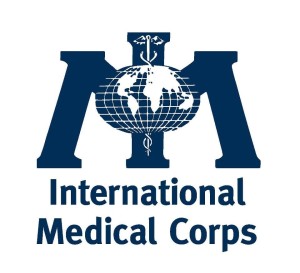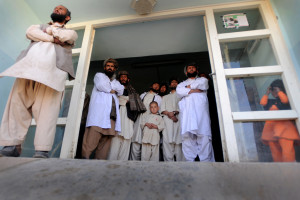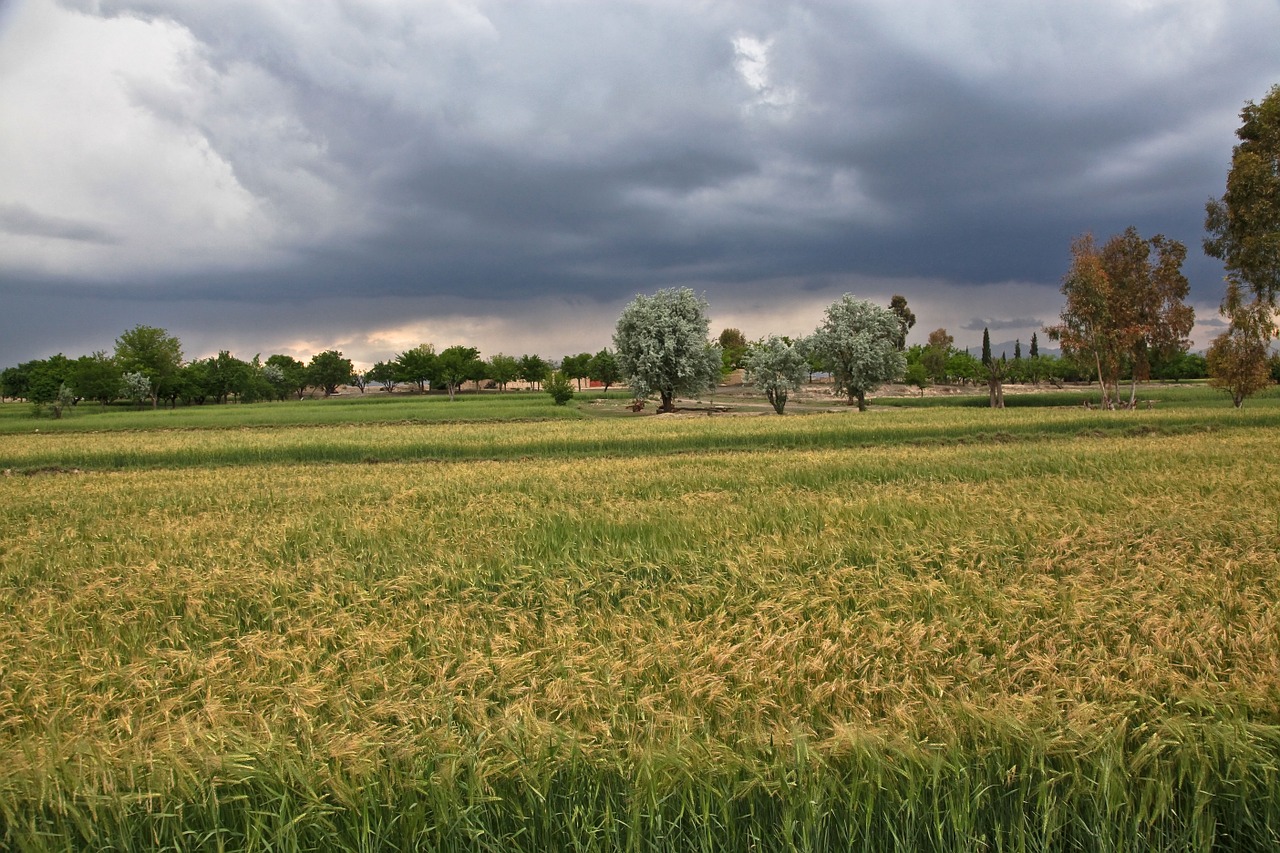Focused on delivering emergency relief, health care training, and development programs in order to help communities facing adversity to rebuild and regain self-reliance, International Medical Corps (IMC) currently maintains operations in over 35 countries, including Afghanistan. Volunteer doctors and nurses founded International Medical Corps in 1984 to provide needed medical services in Afghanistan during the Soviet-Afghan War. Since then, the nonpolitical, nonprofit humanitarian organization has assisted tens of millions of people impacted by war, natural disaster, and disease in more than 75 countries. Worldwide, IMC has a staff of more than 8,000. With 96% of field team members recruited locally, IMC helps communities affected by various crises to grow and sustain their own capacity to respond to emergencies and provide health and related services.
 In Afghanistan, IMC operates a wide array of aid programs that emphasize health care delivery and training, education, and empowerment of vulnerable populations, such as children, refugees returning home, and internally displaced people. Drawing on over three decades of experience in the country, IMC works in nine provinces across Afghanistan to facilitate improvements to the living conditions, social status, and health outcomes of roughly 4 million Afghans. The organization concentrates its programming on four primary objectives:
In Afghanistan, IMC operates a wide array of aid programs that emphasize health care delivery and training, education, and empowerment of vulnerable populations, such as children, refugees returning home, and internally displaced people. Drawing on over three decades of experience in the country, IMC works in nine provinces across Afghanistan to facilitate improvements to the living conditions, social status, and health outcomes of roughly 4 million Afghans. The organization concentrates its programming on four primary objectives:
– partnering with the Afghanistan Ministry of Public Health to improve the quality and accessibility of medical facilities and health services
– administering training to increase the volume and enhance the skills of hospital staff and community health workers
– implementing preventive solutions to such pressing public health issues as nutritional inadequacy, infant mortality, child well-being, and psychological trauma
– preparing at-risk communities with the means to effectively respond to natural disasters, renewal of armed hostilities, and/or the spread of contagious disease.
Developing the Operating Capacities of Hospitals
In order to help improve the operations of medical facilities across Afghanistan, International Medical Corps has initiated hospital administration programs in multiple provinces. At three hospitals in Nuristan and three in Paktika, International Medical Corps members provide support, while in Kabul teams have collaborated with the Ministry of Public Health to assist staff at local facilities such as Wazir Akbar Khan Hospital.
International Medical Corps has also played a key role in enhancing the capabilities of Afghanistan’s only psychiatric care facility, Kabul’s Mental Health Hospital (MHH), and the affiliated Jangalak Substance Misuse Center. With the goals of bolstering hospital leadership and enhancing management of patient care, the organization has helped MHH to update medical record systems, increase the utilization of information technology, and revamp operating systems.
Along with devising an equipment procurement program, International Medical Corps has designed a training plan for MHH that includes technical instruction for physicians, psychologists, and nurses, as well as English and computer courses for all staff members. All training procedures are routinely assessed and adjusted to ensure the continued strengthening of the capabilities at MHH. Since beginning its work with MHH in 2011, IMC has helped the hospital provide psychosocial care for over 78,000 patients.
Delivering Integrated Health Services
Throughout Afghanistan, IMC delivers primary and secondary medical care at 60 health facilities and 398 health posts, including 17 health facilities and 155 health posts spread across Paktika and all eight districts of the secluded province Nuristan. In order to curtail malnutrition-related disease and death in Paktika and Nuristan, IMC also operates hunger relief programs in both regions. The medical and supplemental nutrition services aid a population of more than 400,000 people in Paktika and nearly 150,000 in Nuristan.

Afghan Doctors | Kenny Holston | Flickr
According to surveys of residents in Nuristan, IMC’s initiatives in the province have prompted improvement in eight of 10 critical community health metrics.
Each month, IMC performs close to 100,000 health consultation at 458 locations in rural and urban areas of Afghanistan. Such efforts have proven vital to the welfare of young Afghans, contributing to improved health outcomes for about 1 million children under 5 years of age. In addressing the health risks posed to children under 5, IMC concentrates its work on preventing infectious disease, alleviating moderate to severe malnourishment, and treating illnesses such as malaria, acute respiratory infections, and diarrheal disease.
Meeting Medical Needs at Returnee Encampments
IMC began performing medical services for Afghan refugees returning from Afghanistan in 2002, and it currently attends to the health care needs of more than 100,000 returnees at 10 camps concentrated in the provinces of Laghman, Nangahar, and Kunar. In order to serve returnees at four unplanned colonies in Kunar and Laghman, IMC has operated mobile clinics since 2010. Seeking to improve standards of living, lower mortality rates, and diminish incidence of disease at all camps, IMC provides a broad variety of services, including assistance for the disabled, mental health counseling, pharmaceutical drugs, nutritional aid, and child health care.
Aiding Communities with Emergency Preparation and Response
IMC provides at-risk Afghans with the necessary resources to safeguard the lives of community members during emergency situations, ranging from natural calamities to armed conflict, by teaching them how to situate, mobilize, and disburse temporary shelter materials and non-food items. In regions that are prone to catastrophes, IMC also heightens residents’ understanding of disaster risk reduction measures and prepares individuals to act as first responders, thereby developing sustainable disaster preparedness and response capabilities inside the community.
Among its recent crisis response efforts in Afghanistan, IMC has provided humanitarian relief and medical services to communities in five northeastern provinces affected by the 7.5 magnitude earthquake on October 26, 2015. More than 100,000 homes were damaged or destroyed in the earthquake, and IMC has distributed tents, as well as monetary aid for local residents to acquire emergency shelter items and conduct home repairs. IMC has also provided over 4,100 individuals with hygiene kits and relief supplies. Along with treating injured community members at its health clinics and posts in Nuristan, IMC is the only NGO in four of the provinces where it is active to perform psychosocial therapy for families impacted by the earthquake.

